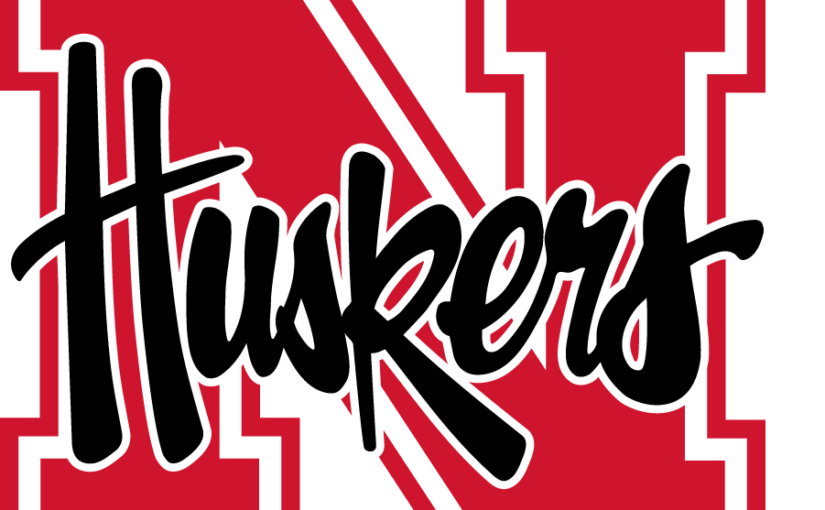Ivy League Reduces Full-Contact Football Practices To Two Per Week
http://thedartmouth.com/2011/07/22/sports/Ivy
The Ivy League will adopt a new policy that limits the number of allowable full-contact practices to two per week during the football season, League officials announced on Wednesday.
The League’s eight college presidents have agreed to accept a series of recommendations from an ad hoc Concussion Committee — co-chaired by College President Jim Yong Kim and Cornell University President David Skorton — in order to minimize the number of head injuries that football players sustain. The changes will be in effect for the upcoming season.“The presidents formed the committee because they were deeply concerned that concussions are a significant injury in football and wanted the Ivy League to take an active leadership role in developing steps and measures to limit concussions, first in football and then in other sports as appropriate,” Ivy League Executive Director Robin Harris said in a press release from Ivy League Sports.
In addition to the in-season practice limitations, which are far more stringent than NCAA regulations that allow five full-contact practices a week during the season, the head coaches agreed to emphasize teaching proper techniques for avoiding helmet hits, according to the report.
Coaches must also educate student-athletes on the signs and symptoms of a concussion and the long- and short-term effects of brain injury.
The committee reduced the number of allowable full-contact practices in the spring by one. During preseason, players are only allowed to wear pads for both two-a-days practices once a week.
“The last thing anyone wants to do is miss a game,” Brian Austin, executive associate athletic director, said in an interview with The Dartmouth. Austin commended the committee for reintroducing “serious protocol” to the game of football.
“It’s a move in the right direction,” Jeffrey Frechette, head athletic trainer at the College said in an interview with The Dartmouth. “We’ve been ahead of the curve along with the rest of the Ivy League with the way we diagnose and treat concussions.”
Garrett Wymore ’13, a member of the Dartmouth football team, said he thinks the new recommendations will have the biggest effect on pre-season and spring practices — what he called “the most dangerous times” for players because of the competitive atmosphere — but the policy would not radically change the team’s practice schedule.
“Generally, in season, our coach is already limiting us,” Wymore said. “In our league, it’s not that big of a change.”
Wymore said he hoped the policy would spark change in other leagues and eventually trickle down to change high school practices.
“That’s where you can start early with head injuries,” he said, adding that the health benefits that the policy provides would “outweigh” any possible negative effects. “A lot of times, when one conference makes a change, other conferences will follow suit.”
Wymore and teammate Austen Fletcher ’12 both said they did not think the new protocol would change the team’s strategy.
“The only negative thing I could see would be people having issues adjusting from practice speed to game speed,” Fletcher said. “As long as you practice on the full-contact days as hard as you should, it shouldn’t be a problem.”
Wymore and Fletcher both said they did not know whether these policy changes would spread to other sports.
Still, Austin said he thinks the recommendations will influence the rest of the athletic department.
“They will absolutely start looking at lacrosse and hockey,” he said.







